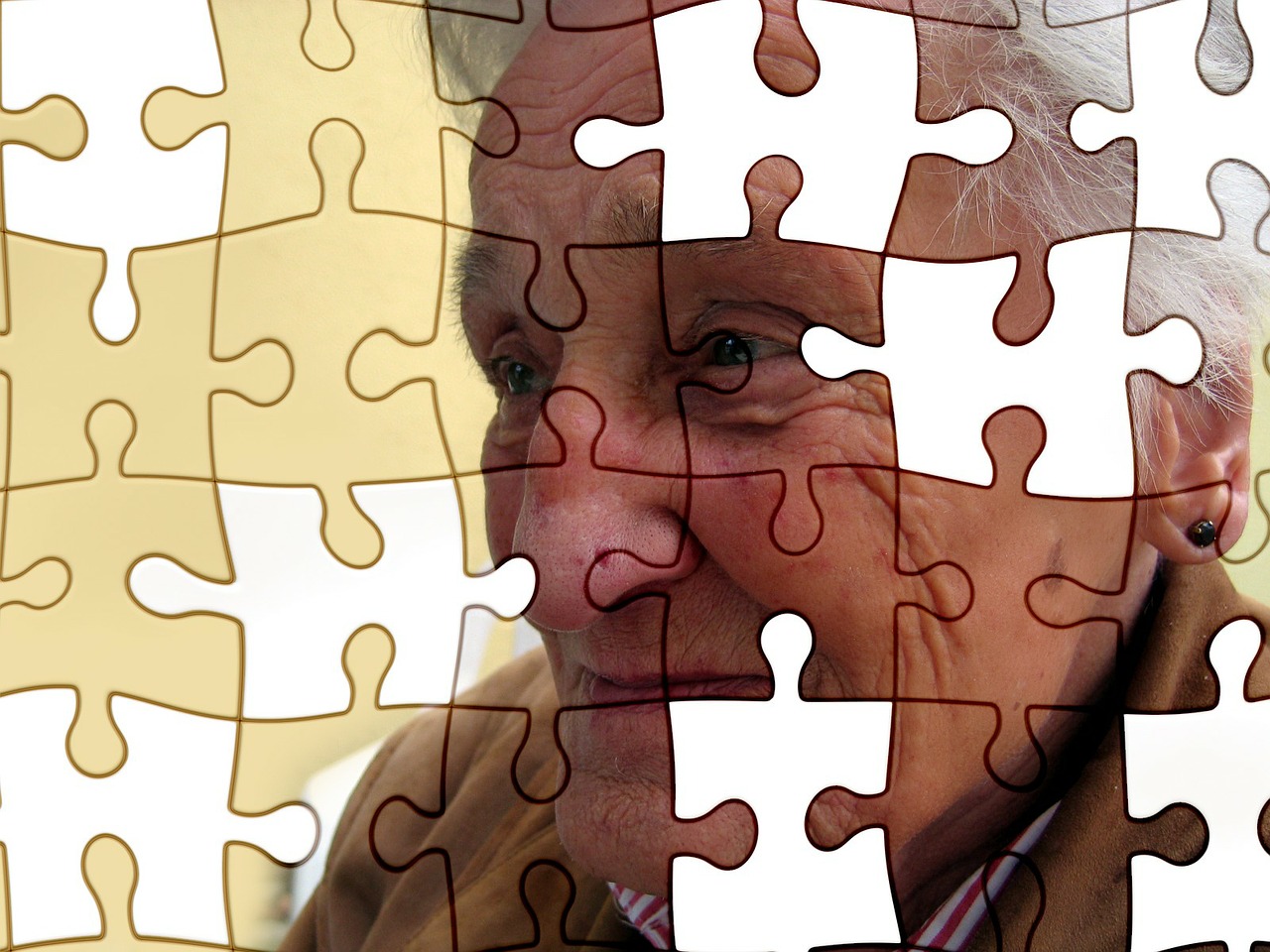Healthy Gut, Healthy Mind: The Benefits of Probiotics for Seniors
By Meredith Kimple
“Trust your gut.”
How often have we heard that phrase? Such advice implies that the gut is the source of our deepest instincts, of an innate, pure knowledge; it subscribes to the belief that our “gut feelings” are uninhibited by the restrictions of rationality or the flaws in reason. However, the reality is that a strong connection exists between gut and mind, to the point that the enteric nervous system is often referred to as “the second brain.”
Taking care of your gut is extremely important for all people, but for seniors, it can literally mean the difference between sickness and health. The bulk of the body’s immune system lies in the gut, and the bacteria contained there produce the majority of the body’s serotonin, a neurotransmitter that stabilizes our mood.
As we age, an imbalance in the microbiota of our gut can leave us vulnerable to infection, sickness, digestive issues, and even depression. Aging in and of itself does not cause this imbalance, but certain aspects of the aging process can have a negative impact on the variety of our gastrointestinal bacteria. An increase in the medications one takes, health conditions that arise and worsen with age, and a poor diet can reduce or alter the diverse flora of the human gut.
Probiotics are live bacteria that can help to restore or preserve the balance in the gut, and can be obtained either through eating fermented foods, like yogurt, or by taking dietary supplements.
Although they do not entirely prevent illness and infection, probiotics can lessen the duration and severity of certain conditions, like inflammatory bowel syndrome (IBS), diarrhea caused by viruses and antibiotics, colds, allergies, and even eczema. Seniors are often more susceptible to gastrointestinal issues because their gut health has been compromised by antibiotics; a daily probiotic can help strengthen their immune systems while reducing their abdominal discomfort.
Not only are probiotics a safe, effective way to maintain bacterial balance in the gut, but new research shows they may also improve cognitive function.
For years, the aforementioned connection between mind and gut has given scientists reason to believe that probiotics might also provide cognitive benefits. Previous studies on mice revealed that both memory and learning faculties were strengthened by probiotic use, but there was still very little evidence that the same results could be achieved in human subjects.
Last year, researchers from Kashan University of Medical Sciences and Islamic Azad University conducted a 12-week study to observe the impact of probiotics on the cognitive function of 52 men and women with Alzheimer’s, aged 60 to 95. One group received milk treated with probiotic bacteria, while the other received milk that had not been treated; at the beginning and end of the study, participants had their blood drawn and were subjected to the MMSE questionnaire, a tool for measuring cognitive function.
The group that received the probiotic-fortified milk saw a modest, though significant, increase in the average of their scores at the end of the study; the average score of the control group actually decreased slightly. Though probiotics did not remedy participants’ cognitive impairment, this was the first study to offer evidence of their impact on cognitive function.
The study shows that there does seem to be a powerful connection between mind and gut, and one that is much stronger than previously thought. While more evidence is needed to bolster these incredible results, such an outcome can only lend additional merit to probiotics’ long list of benefits to the human body.
Probiotics are not miracle workers, but they can help our senior loved ones maintain a healthy gut; they make digestion smoother, strengthen the immune system, stabilize and improve mood, reduce IBS and IBD-related discomfort, and might improve cognitive function. In past blog posts, we’ve looked at health issues that are perhaps more obvious; when we think of senior health, many of the same conditions probably come to mind. Heart disease. Alzheimer’s disease. Dementia. Diabetes.
Of course, these conditions are very important, and they deserve to be discussed and studied. But there are other aspects of senior health that are not given top priority in our hierarchy of concerns; they are things we might take for granted, or which do not seem quite so significant in the face of more devastating ailments.
A healthy gut is, in many ways, a pillar of our overall health. If there is an imbalance in the microbiota of their gastrointestinal system, our senior loved ones may be vulnerable to illness and discomfort. Encourage them to add fermented food products like yogurt to their diet, or talk to them about taking a probiotic dietary supplement; their physician can recommend the probiotic that will best suit their needs, and should always be consulted before adding one to their regimen.
It’s not enough to just “trust our gut.”
We have to take good care of it, too.




